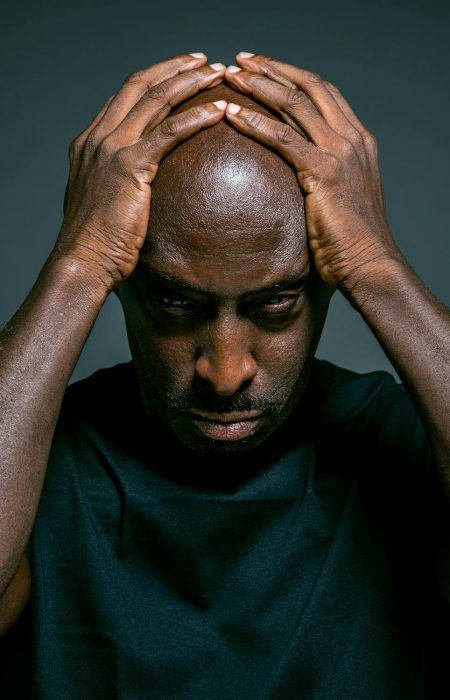Mental health issues among men are often overlooked, as societal norms discourage men from openly discussing their emotions or seeking help. However, mental health challenges such as depression, anxiety, and stress affect millions of men worldwide. This article explores the current mental health crisis among men, the stigma surrounding it, and how seeking help can lead to healthier, happier lives.
The Mental Health Crisis Among Men
According to the World Health Organization (WHO), depression affects over 264 million people globally, with men being less likely to seek help compared to women. In fact, men are nearly 4 times more likely than women to die by suicide, largely due to the lack of open conversations about mental health and the societal pressure to remain stoic. Research also shows that men are more prone to masking their symptoms with substance abuse, anger, or risky behavior, further exacerbating the problem.
Why Men Avoid Seeking Help
- Stigma of Vulnerability: Many men grow up with the belief that showing emotions is a sign of weakness. As a result, they are less likely to admit when they are struggling, leading to feelings of isolation and hopelessness.
- Cultural Norms: In many cultures, men are expected to be providers and protectors, which often translates into suppressing their emotional needs. This cultural expectation can make men feel that they must “man up” rather than seek help when they are facing mental health challenges.
- Lack of Awareness: Men often fail to recognize the symptoms of depression and anxiety. Symptoms may manifest differently in men than in women, often through irritability, aggression, or withdrawal rather than sadness or crying, which are more commonly associated with depression.
Breaking the Stigma
- Open Conversations: It’s important to foster an environment where men feel comfortable discussing their mental health. Celebrities like Dwayne “The Rock” Johnson and Ryan Reynolds have publicly shared their struggles with depression and anxiety, helping to normalize mental health conversations.
- Education and Awareness: Raising awareness about mental health issues and encouraging men to learn about the symptoms of depression and anxiety can lead to earlier intervention and better outcomes. Education can dismantle the myth that seeking help is a sign of weakness.
- Mental Health Support Systems: Employers, communities, and families can support men by encouraging mental health days, offering resources such as therapy or counseling services, and promoting the importance of mental health checkups.
Seeking Help
- Therapy: Cognitive Behavioral Therapy (CBT) is one of the most effective treatments for depression and anxiety. CBT helps men reframe negative thoughts and develop coping strategies for dealing with stress.
- Support Groups: Many men find solace in sharing their experiences with others who are going through similar struggles. Support groups provide a non-judgmental space to talk and offer mutual encouragement.
- Lifestyle Changes: Regular exercise, a healthy diet, adequate sleep, and mindfulness practices can significantly improve mental health. These lifestyle changes help reduce stress, anxiety, and depression symptoms over time.
Conclusion
The mental health crisis among men is an urgent issue that requires open dialogue and greater societal support. By breaking the stigma, educating men about mental health, and encouraging them to seek help, we can prevent mental health issues from escalating and ultimately save lives. It’s time for men to feel empowered to take control of their mental well-being and seek the help they deserve.










